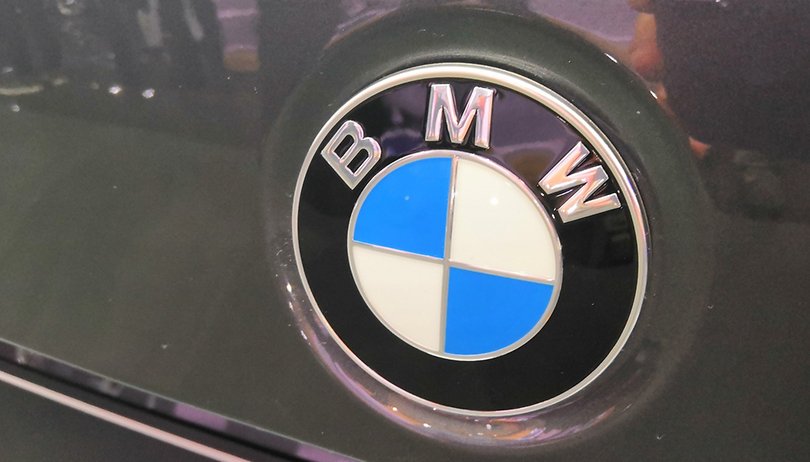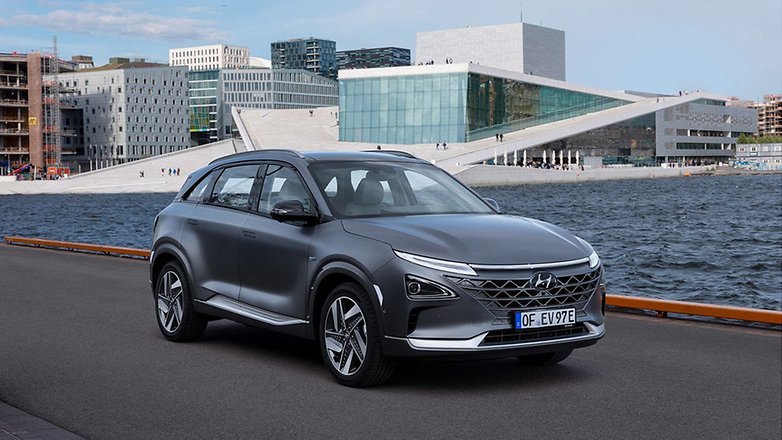BMW also bets on the hydrogen car with a new version of its X5

After years of testing, BMW has set a date for the launch of its first hydrogen vehicle. Thanks to the collaboration with Toyota, this new version of the X5 will become a reality... in 2025.
The hydrogen car is being touted as the great alternative to the electric vehicle. Although progress is very slow, the big manufacturers are presenting their plans for the future, and BMW could not be left behind. And all this, after the recent explosion of a hydrogen service station in Norway, which again raises doubts about the safety of this technology.
The German manufacturer has confirmed that its first hydrogen vehicle will be presented in 2025, and will count on a collaboration with Toyota for its production. This way, it will take advantage of the Japanese company's knowledge in this area, which already has its Mirai model in the market, of which it expects to sell 30,000 units next year. The vehicle chosen by BMW is a new version of its successful SUV, the X5. It will, of course, will have a fuel cell.

In addition to the Toyota Mirai, the supply of hydrogen cars is very limited. Hyundai is betting heavily on its Nexo, already available in many countries for a price close to 70,000 euros ($80,000). For its part, Honda has the Clarity Full Cell, and Mercedes markets its GLC but only in Germany. Audi, another big German car company, says it will be ready to launch its own model in 2021.
Do you think a future hydrogen car will be a real alternative to an electric car?
Source: Forbes




Hydrogen is not as fuel effiecient as electric in most cases. The total energy it takes to produce hydrogen and then consume in a vehicle is higher than the energy to charge and drive an equivalent battery vehicle. For most consumer uses then electric will be cheaper to own and operate.
Barring a production break through, hydrogen will be a smaller specialty market.